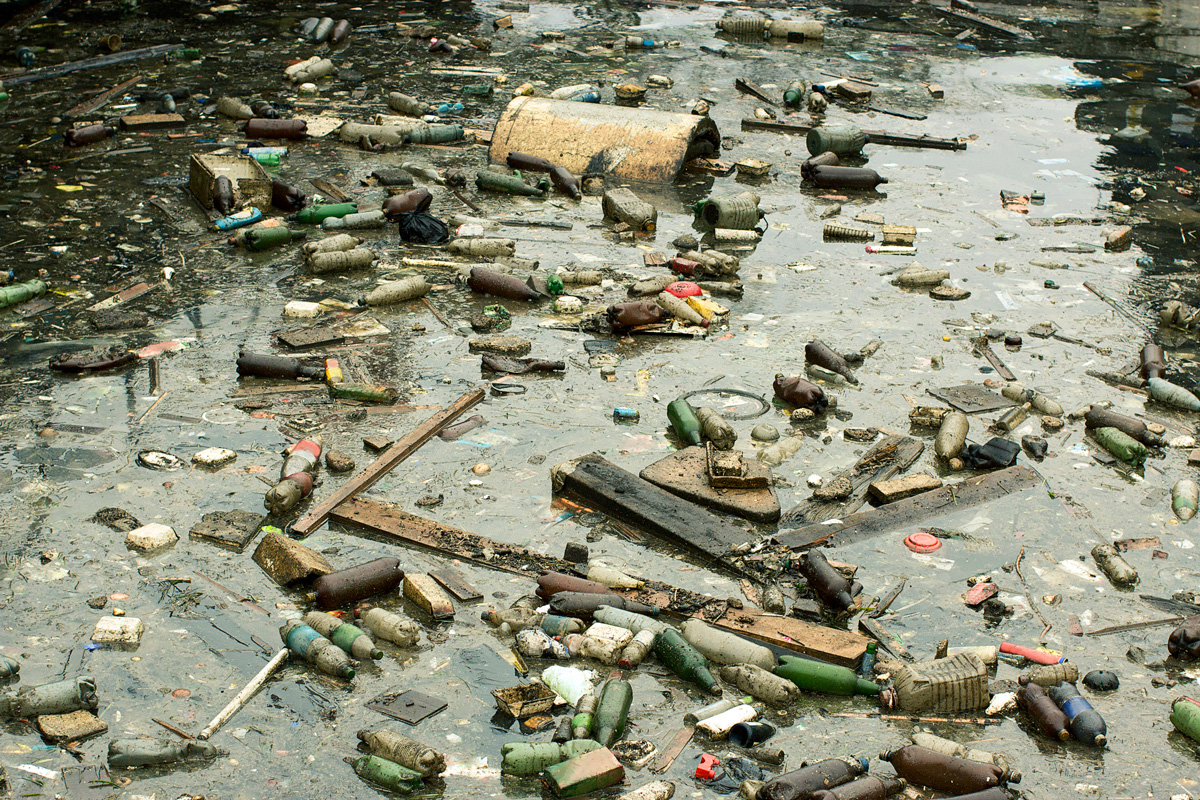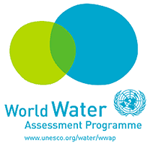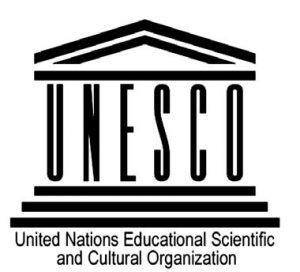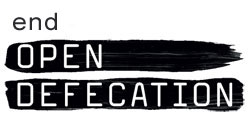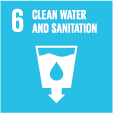
Clean Water & Sanitation for All
MAKE WATER CLEAN FOR EVERYONE
“Water scarcity, poor water quality and inadequate sanitation negatively impact food security, livelihood choices and educational opportunities for poor families across the world… By 2050, at least one in four people is likely to live in a country affected by chronic or recurring shortages of fresh water.”
– United Nations
The following facts can be found on the official website of the United Nations’ Sustainable Development Goals.
3 in 10 People
3 in 10 people lack access to safely managed drinking water services and 6 in 10 people lack access to safely managed sanitation facilities.
40% Living Water Scarcity
Water scarcity affects more than 40 percent of the global population and is projected to rise.
1,000 Deaths a Day
Each day, nearly 1,000 children die due to preventable water and sanitation-related diarrheal diseases.
Water Irrigation
Approximately 70 per cent of all water abstracted from rivers, lakes and aquifers is used for irrigation.
THE SOLUTION?
LET'S CLEAN UP OUR ACT.
By 2030
This Sustainable Development Goal strives to achieve universal and equitable access to safe and affordable drinking water for all, as well as provide access to adequate and equitable sanitation and hygiene. It strives to reduce pollution, eliminate dumping, and minimize the release of hazardous chemicals and materials.
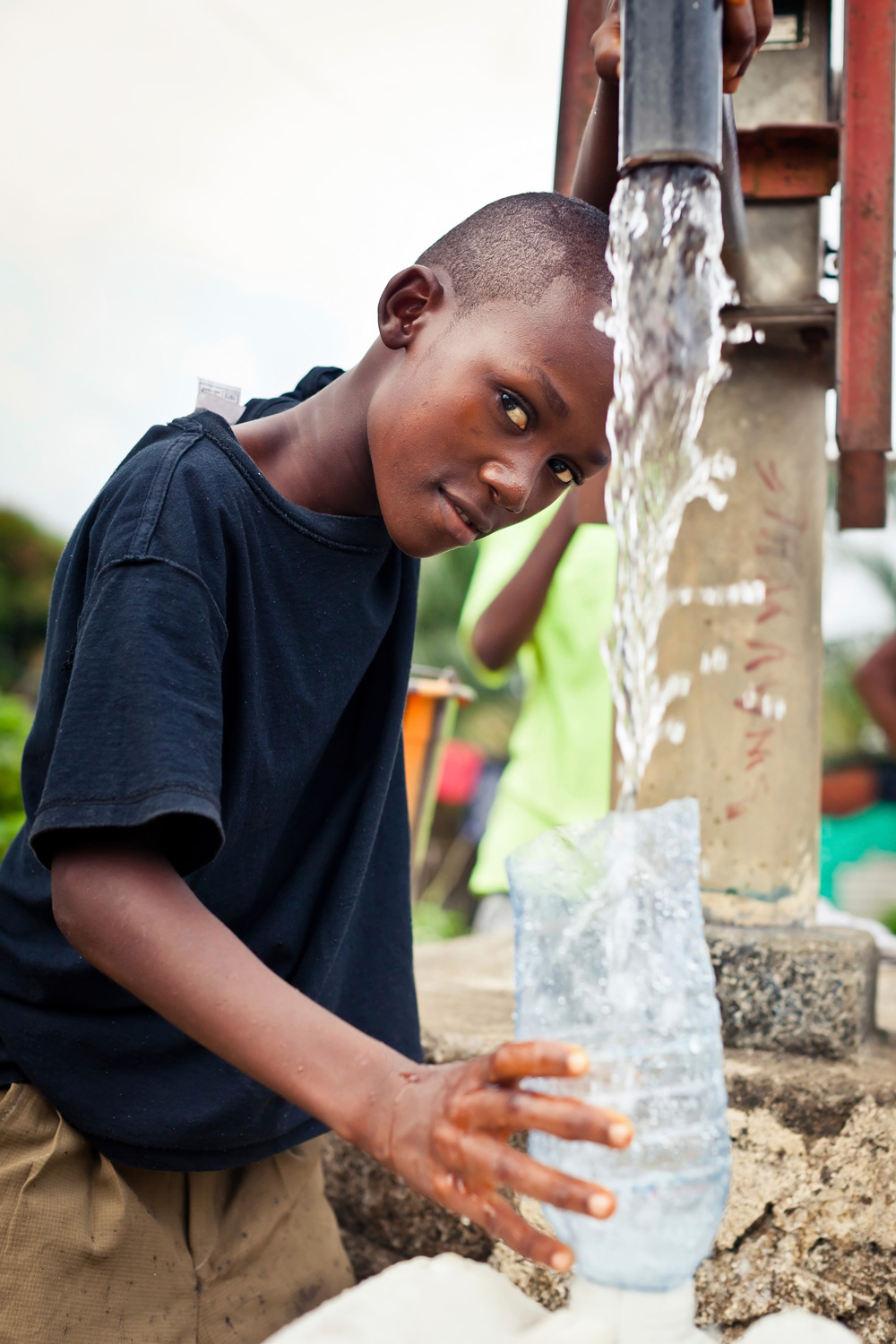
Stop Wishing. Start Doing.
Here's How To Help
01. Be Clean & Conscious About Household Water
Rainwater flows over hard surfaces and into ditches, low-level land, and eventually storm drains. Be careful to keep pollution and garbage off the ground, as these items can get picked up and pollute water supplies. If possible, participate in local clean-up efforts to keep litter off the landscape and out of waterways.
02. Use the 'Lay of the Land' to Your Advantage
Chose porous stones such as wood, paver stones, or gravel as opposed to asphalt to stop excessive runoff in the waterways. Use landscaping to help convert the natural water flow of your yard to water your plants. Consider digging shallow trenches where water tends to flow and planting flowers to catch the runoff. You gain a beautiful lawn, cut down on your watering time, and help stop pollution!
03. Be Careful When You Flush
Keep non-flushable items out of the toilet and into the trash can, such as baby wipes and old pills. Remember, most septic tanks can only handle one ‘Flushable’ wipe per use. These end up in our water, beaches and rivers.
04. Be Chemical Conscious
Chemicals also enter our water systems through what we wash off our hands or pour down our sinks. Oil, cleansers, paint, and other questionable materials that contain toxic ingredients should not go into the sink, as they seep into the water supply and pollute our water. Use Earth911 to find out whether or not your item is safe to dispose of.
05. Dont Drain-Dump
Don't let paint, used oil, chemical cleaners, or other questionable household products go down the drain. These items contain toxic ingredients (think sodium hypochlorite, ammonia, and formaldehyde) we don't want in our water supply. To find out about hazardous-waste collection days and facilities, search by product on Earth911 or contact your local sanitation, public works, or environmental health department.
05. Make the Switch
Minimize the use of harsh chemicals by switching to earth-friendly, bio-degradable options. Recycle used items as often as possible.
06. Save the Wetlands
Wetlands act as a natural water filter system and are enormously important to the eco-system. Do your part to keep them healthy and in-tact.
07. Clean Up After Your Pets
Pet waste, especially from carnivores such as dogs and cats, can contain everything from worms to harmful bacteria that pollute the waterways. Additionally, pet waste can add too much nitrogen to water composition, making it an unfriendly environment for fish and marine life. An easy solution? Use biodegradable pet baggies to pick up the offending excrement and toss it in the nearest trash can.
08. Reduce Water Usage
Don’t let the sink or shower run when conditioning hair, shaving, or brushing your teeth. Avoid flushing the toilet excessively, or keeping the hose running. Additionally, try to re-use water for multiple purposes. Professional gray-water systems or methods of catching and redistributing rain-water can have a huge impact on water conservation.
09. Maintain Your Vehicle
Leaking transmission fluid, oil, or dripping gasoline all gets picked up by rainwater and distributed into soil and waterways. By keeping up with car maintenance, you’re not only extending the life of your vehicle, but also contributing to responsible treatment of our waterways.
09. Support Clean Water Advocates
Support organizations that help give clean water to drought-fraught and dire-need locations. Whether they are digging wells or distributing personal water filters, reputable companies on clean-water missions have a huge impact!
BE A RIPPLE
JOIN THE MOVEMENT.
There are many ways to get involved in ensuring we provide clean water and sanitation to all. By committing to do your part, you take the first step in making a world of difference.

